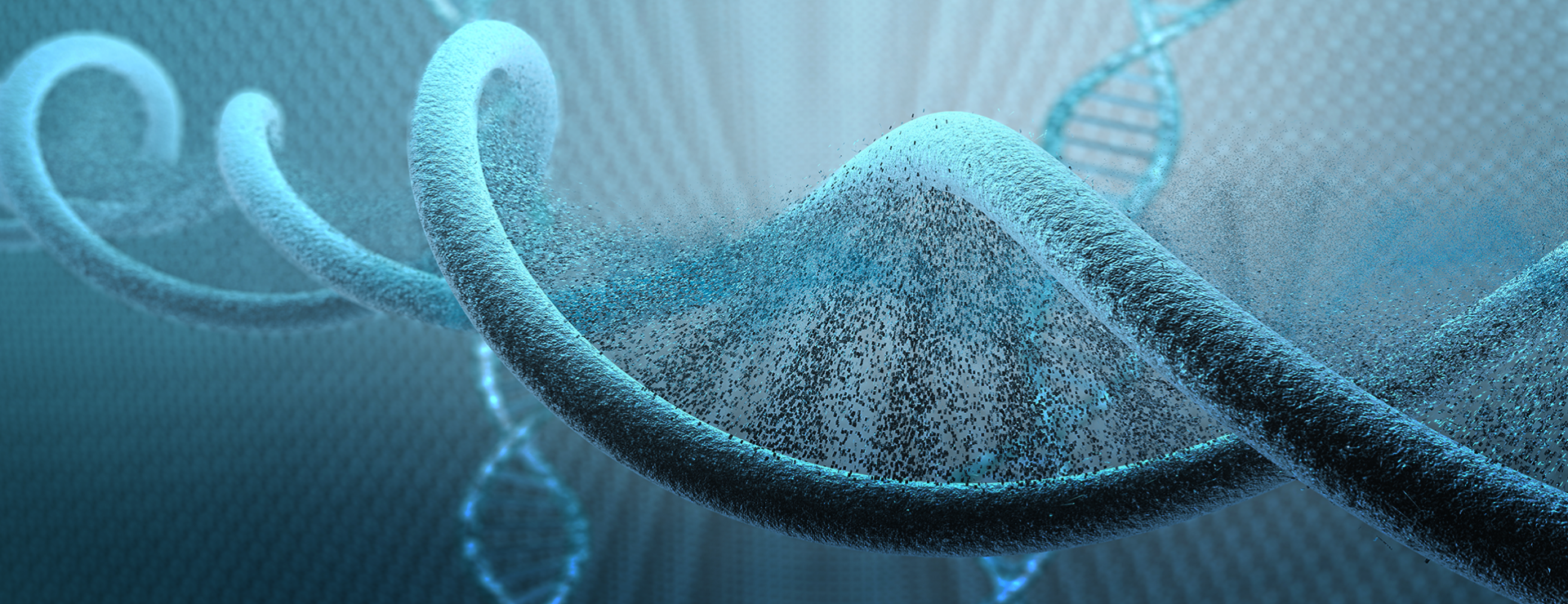
GABRG2
Facebook Support Group
Guide to Pharmacology
Share Your Story
What Is GABRG2
GABRG2 is a gene that is responsible for producing a protein called a receptor. This receptor is called the gamma-aminobutyric acid type A (GABA-A) receptor.
The GABA-A receptor is like a lock on the surface of our brain cells, and it interacts with a chemical messenger called gamma-aminobutyric acid (GABA). GABA is an important neurotransmitter in our brain that helps to calm down or inhibit brain activity. Read More
Symptoms of GABRG2?
Mutations in the GABRG2 gene, which encodes the γ2 subunit of the GABA(A) receptor, have been associated with several neurological conditions. The symptoms associated with GABRG2 mutations can vary depending on the specific mutation and its impact on the function of the GABA(A) receptor. Here are some of the symptoms commonly observed:
- Severe Myoclonic Epilepsy in Infancy (SMEI), also known as Dravet syndrome, has been associated with mutations in the GABRG2 gene. SMEI is a rare and severe form of epilepsy that typically starts in the first year of life and is characterized by prolonged and recurrent seizures.
- Epilepsy: GABRG2 mutations are strongly linked to epilepsy, and affected individuals often experience seizures. Seizure types can vary but may include generalized tonic-clonic seizures, absence seizures, myoclonic seizures, or focal seizures.
- Medication-resistant seizures: also known as drug-resistant seizures or intractable epilepsy, have been reported in individuals with GABRG2 mutations. This means that the seizures are not effectively controlled or eliminated by standard antiepileptic medications.
- Febrile seizures: Febrile seizures, which are seizures triggered by fever, can be a prominent feature in individuals with GABRG2 mutations. These seizures typically occur during early childhood.
- Childhood Absence Epilepsy 2 (CAE2) has been associated with mutations in the GABRG2 gene. CAE2 is a specific subtype of childhood absence epilepsy characterized by brief episodes of impaired consciousness or absence seizures.
- Cognitive and developmental issues: Some individuals with GABRG2 mutations may exhibit cognitive impairments, intellectual disability, or developmental delays. These can manifest as delays in reaching developmental milestones, language and speech difficulties, or learning disabilities.
- Developmental and epileptic encephalopathy (DEE). DEE refers to a group of severe neurological disorders characterized by the combination of early-onset epilepsy and developmental regression or impairment.
- Behavioral problems: Behavioral issues such as attention deficit hyperactivity disorder (ADHD), impulsivity, aggression, anxiety, or autism spectrum disorders may be present in individuals with GABRG2 mutations.
- Electroencephalogram (EEG) abnormalities: Abnormal electrical activity in the brain, as detected by EEG, is often observed in individuals with GABRG2 mutations, even in the absence of clinical seizures.
- Dystonia: a movement disorder characterized by involuntary muscle contractions and repetitive movements or abnormal postures, has been reported in some individuals with GABRG2 mutations.
- Studies have identified certain genetic variants or polymorphisms in the GABRG2 gene that may be associated with an increased risk of alcohol dependence or altered responses to alcohol.
It’s important to note that the symptoms and severity of these conditions can vary widely among individuals, even among those with the same genetic variation. Additionally, further research is needed to fully understand the relationship between GABRG2 gene variations and the associated symptoms and conditions.
If you have specific concerns about GABRG2 gene variations or related conditions, it is recommended to consult with a healthcare professional or a geneticist who can provide you with the most up-to-date and accurate information based on your specific situation. They can conduct a thorough evaluation and provide appropriate guidance and support.
Disclaimer: It is important to note that our understanding of GABA A Variants and their associated symptoms is an ongoing area of research. As of now, there may still be limited information available regarding the specific symptoms and implications of these genetic variations. It is recommended to consult with healthcare professionals or genetic specialists, and stay updated with the latest scientific research, as ongoing studies and advancements may provide further insights into GABA A Variants and their related symptoms.
Cure GABA A Variants non-profit and cureGABAa.org does not provide medical advice. It is intended for informational purposes only. It is not a substitute for professional medical advice, diagnosis or treatment. It does not diagnose, it produces a ranked list of suspected genes which provide assistance for rare hereditary disease cases. Patients should discuss their findings with their healthcare provider. Cure GABA A Variants does not intend to diagnose patients. It is providing information in order for patients to find and get better management of expert certified clinical assistance.

